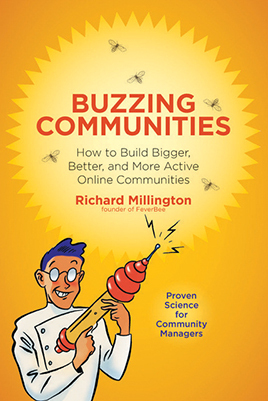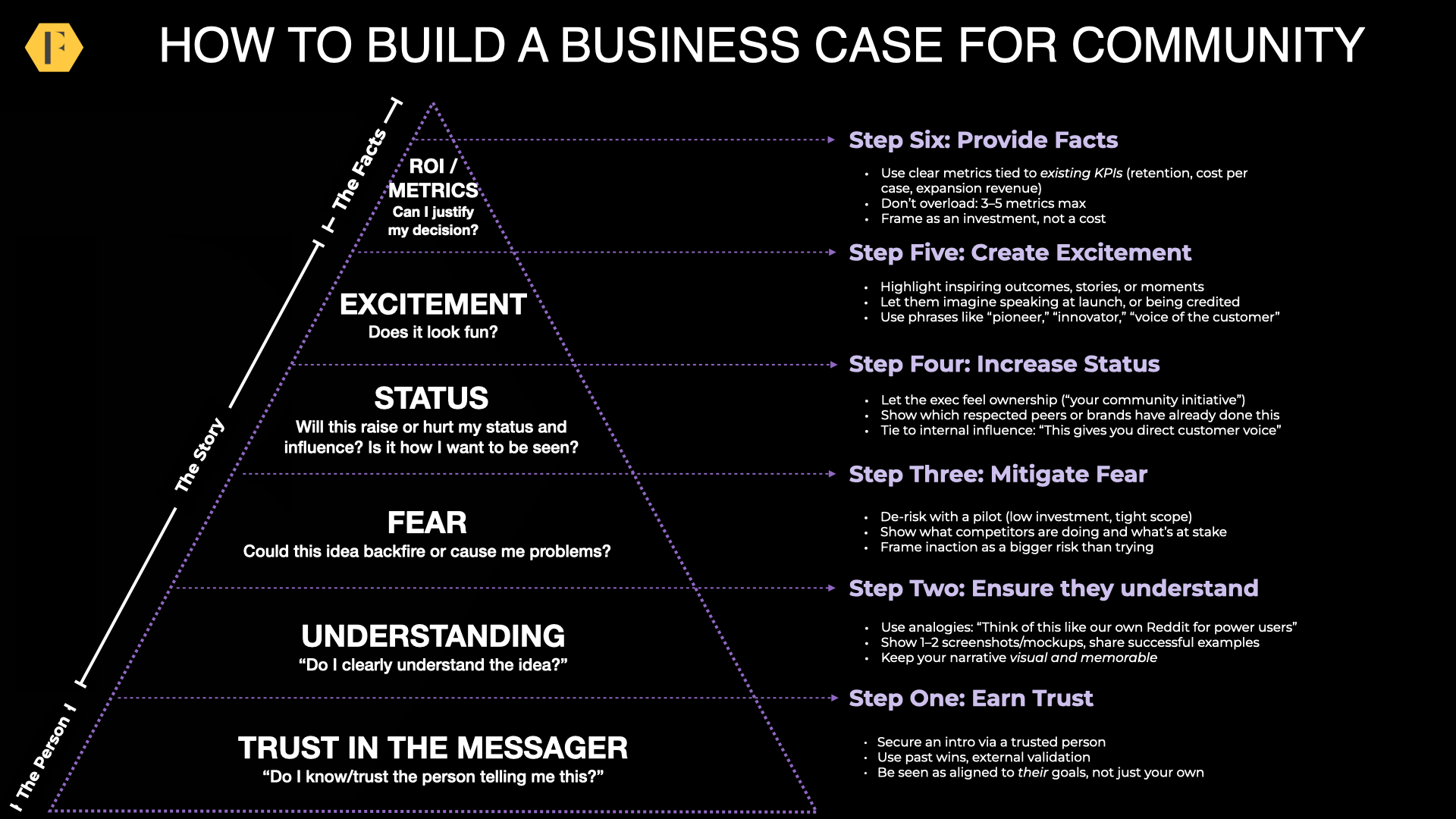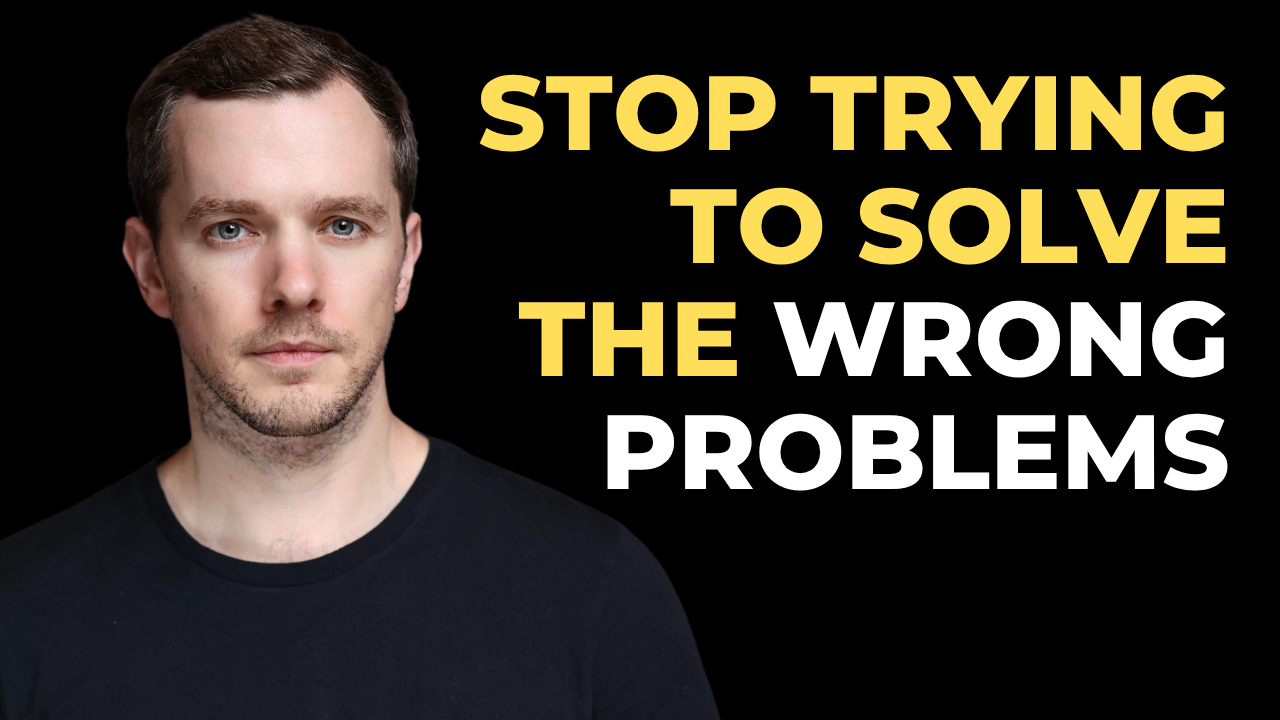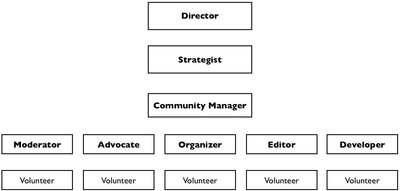In the early stages, the community manager typically performs all the tasks in the community management framework.
They develop the strategy, invite people to join, create content about the community, initiate and sustain discussions, facilitate regular events, build relationships with top members, take responsibility for platform development, and deal with the integration with the community’s founding organization.
As the community develops, their role splits. First, usually, into coordinator-type roles and then into coordinator, manager, strategist. Then finally into entire teams of community editors, event organizers, managers, strategists, advocates, developers each responsible for their own area of the community.
The single benefit here is specialisation. By dividing the key tasks of growth, content, platform development, data collection and development, dealing with the business integration, you should be able to get people very, very, good at these tasks.
If you find yourself in one of these roles, you can excel by bringing outside expertise into your field.
- Director: Read as much as you can get about internal goals, securing internal buy-in, and building internal systems for communication. Look especially at material focused on organizational change, change management, leadership, and organizational psychology. Kevin Hillstrom’s work is terrific.
- Strategist: Become an expert on project management and data. Learn what data to collect, how to collect it, and the common biases that undermine data efforts. Look specifically at the Project Management Software Survival Guide, Strategic Database Marketing, or books within the knowledge management and non-profit sectors for measuring impact.
- Moderator: Become an expert in facilitation, conflict resolution, and individual psychology. Learn to spot if members are causing problems because they are the type of members that cause problems or if they have an issue they are upset about. Understand the different technology-assisted moderation platforms and the most efficient ways of removing bad material. Understand what discussions you can initiate to provoke a large number of responses. Read the principles of group psychology/dynamics.
- Advocate: Master growth and evangelism. Learn the tenets of permission marketing, PR, growth hacking/viral feedback loops, presentations (at events), and customer evangelism. Learn about persuasion and mass propaganda theory. Get really good at building relationships online, persuading people to both join following their through to participation. Learn specifically about the motivation and social fears of participating in new groups.
- Organizer: Read plenty of traditional community organizing books. Understand the nature of finding out what members are most concerned about and then initiating discussions, events/activities, and making change that improves the condition of members. Understand how to increase the knowledge/expertise of your own members.
- Editor: Learn the basic principles of journalism. Spend less time on getting the grammar perfect and more on the principles behind creating content that people want to read. Study the success of sites like Buzzfeed and use those same principles. Read how local newspapers function. Learn how to write content about what members are doing. Make the content about the community.
- Developer: Spend time on UXBooth, developer sites, and sites dedicated to community platforms. You should have an advanced understanding of what every platforms offers, setting up platforms, maintaining platforms, and security.
In larger communities, the role of the community manager will split into its unique sub-groups. If you’re in these roles, specialize in that field. Learn everything you can to be as efficient as you can in that sector. The future belongs to the specialists.






